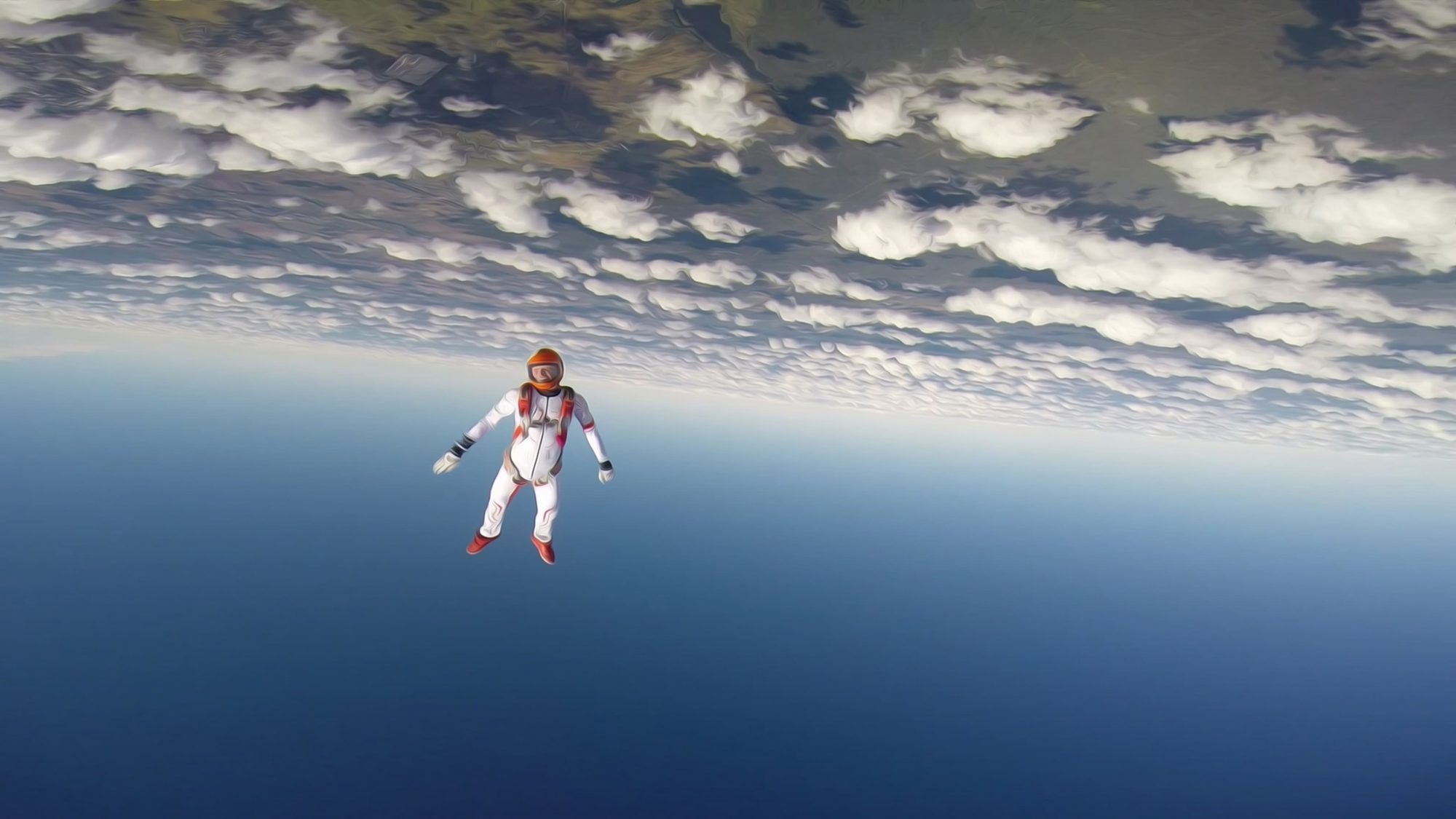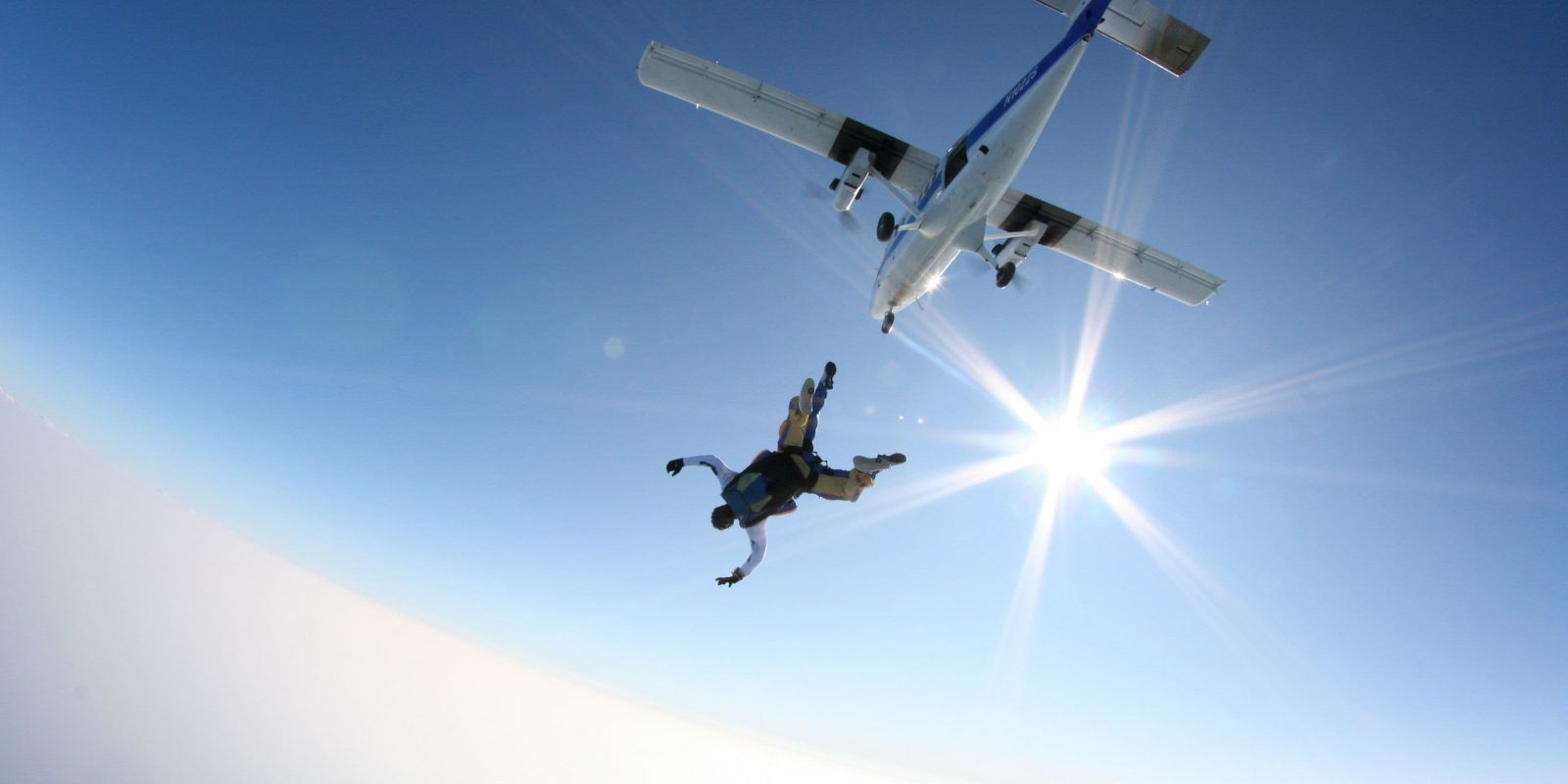
YOUR DZ NEEDS YOUR HELP
If the coronavirus has done anything it’s shown just how much we all love and miss skydiving. While everyone is super eager to return to the skies, there’s a reality that you need to consider.
Your home DZ may not survive these times.
If you’re not aware, running a dropzone is a very cash-flow centered business and there is a lot of robbing Peter to pay Paul with that cash. There are many variables as to why that is, but a big factor is drop zones have fixed expenses but not a fixed weather schedule, so the levels of income vary all the time. When a DZ purchases fuel it has to be paid for in 30 days. Multiple weeks of bad weather (or a global pandemic) and minimal flying results in evaporating cash. Also, if you’re unaware, aircraft maintenance and insurance is crazy, as in ridiculously expensive whether it be a Cessna 182 or a Twin Otter. A dropzone with lots of money in savings is very rare.
The common joke of, “How do you become a millionaire DZO? Start with 2 million,” has a lot of truth to it. Believe me when I say many DZOs have suffered from ulcers created by the stressors of cash flow. Those stressors are definitely being felt right now. The true reality is lift tickets should be north of $30 per slot and tandem prices should be no less than $250 for this business to be truly viable (this solution is easier said than done in a competitive marketplace).
Your Home DZ Needs a Champion
DZO’s are apprehensive to ask for community support in fear of appearing tone deaf to the current situation. Tons of people are out of work and skydiving is not essential. How dare a DZO publicly ask for help without getting publicly slammed? It would seem inappropriate for DZ management to publicly ask for help even though they really want to. Instead, dropzones are applying for SBA loans and any grants they can find but the truth is that money has yet to begin flowing and any funds that can be scored won’t last long.
What your dropzone needs is a champion from within the community to rally support to purchase lift ticket packages (DZO’s, now is the time to offer ticket packs of 5, 10, 25 and 100) as well as purchase tandem gift certificates for family and friends. If the dropzone sells apparel, purchase their stuff over the phone and have it shipped. Every little bit helps.
The same holds true for setting up a GoFundMe for those who rely on skydiving for their incomes. Some drop zones were unjustly shamed on social media for running a GoFundMe for their people thinking that DZO’s are rolling in money (without being truly aware of just how much the operational costs are).
This comes down to optics. In this dire time, people are struggling to put food on the table. Asking for help to help float a skydiving center? DZO’s can’t do it and so this effort has to come from within the community from those that may be in a financial position to help.
We will all get through this, but not without the help of each other and our communities. Right now your DZO and staff need your help.

BEHIND THE SCENES
The Expenses of Running a DZ
DZO’s rarely share what it costs to run a DZ, but if they look a bit stressed there’s a good reason. The cost of getting everyone to altitude isn’t cheap.
BASIC MAINTENANCE & PARTS (Twin Otter)
$1800 – cost of two new tires for a Twin Otter.
$2000 – the average cost of a 100-hour inspection on a Twin Otter (if nothing is wrong).
$3000 – $5000 – the typical expense of a 100-hour inspection because there’s always something wrong.
$13,000 – the cost to replace a fuel control unit that’s no bigger than a box of Cracker Jacks. $13K is for an overhauled unit. It’s $30,000 for a brand new part.
Marketing Your DZ During the Coronavirus
 Join me, James La Barrie for “FRIDAY at 4:00.” Every Friday, I’ll be hosting a live Zoom call for up to 8 DZO’s to discuss how best to market a dropzone during the coronavirus. There is no charge and meetings are small to ensure everyone’s questions are answered. If you’d like to join, click here to register.
Join me, James La Barrie for “FRIDAY at 4:00.” Every Friday, I’ll be hosting a live Zoom call for up to 8 DZO’s to discuss how best to market a dropzone during the coronavirus. There is no charge and meetings are small to ensure everyone’s questions are answered. If you’d like to join, click here to register.



